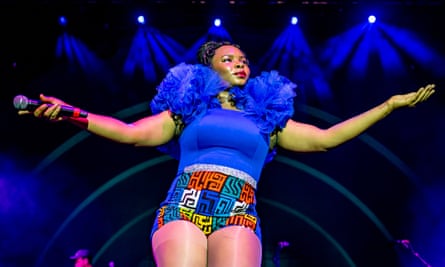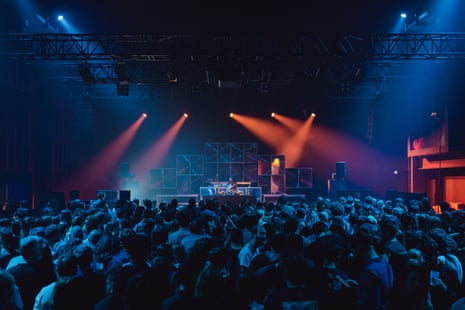Emma Nzioka, a Kenyan performer and DJ known as Coco Em, was looking forward to the Terra Sagrada festival in Cape Verde for nearly a year. Some of her favourite African artists, such as Boddhi Satva, would be playing.
But Nzioka did not make it to the festival last month, or out of the country, for that matter. At the check-in counter in Kenya, she was told she could not board her flight unless she bought a return ticket with the same airline (she had one with another airline) to “prove” she would return home. Although Nzioka was going to Cape Verde, she was transiting through Amsterdam.
“The airline staff say many people have gone to ‘cause problems’ in Europe, they have torn their documents, refused to leave and have had to be deported,” Nzioka tweeted, adding that the airline officials had openly expressed scepticism over her “relationship” with her country of transit.
Her post went viral and generated a flood of similar stories that suggest Africans often face unfair travel restrictions and “ritual humiliations” when travelling abroad.
Earlier this year, Nigerian Afropop star Yemi Alade’s requests for a Schengen visa reportedly went unanswered. The artist, who has several world tours under her belt, was also denied a Canadian visa for the International Africa Nights festival. The co-founder of the festival, Suzanne Rousseau, told CTV news in Canada she understood that the refusal was due to “financial reasons” and fears that the artist would “not want to leave Canada”.

Travel to, and transit through, Europe is difficult for Africans. The top three countries with the highest Schengen visa rejection rates are from the continent: Guinea-Bissau had 53% of its applications rejected, Senegal 52% and Nigeria 51%. Most African countries are in the bottom half of the global passports ranking, and with few exceptions, people from African countries need to obtain visas for more than 100 countries.
To get a Schengen visa, a host of documents is required, and can include bank statements, return flights, addresses while abroad and travel insurance policies. “The threshold gets higher and higher and changes so dramatically,” says Nanjala Nyabola, author of Travelling While Black.
Stories of Africans being subjected to travel indignities, or being required to meet opaque requirements are common, and travellers like Nzioka know their ability to travel rests on more than just their documents. The artist, who travels often for tours and performances, had previously met similar barriers to those she faced last month. When traveling to Tunisia through Italy for another festival in 2019, her passport was seized. She claims she was questioned for three hours by five different people about her visa, and why she did not take a direct route.
She believes that the officials stereotyped her, a dark-skinned woman with long braids. “We know what kind of things girls like you go to do there,” she recalls them saying, as they recounted instances where women had eloped with foreign men, or settled illegally in Europe.
“The perception is that certain travellers with different racial backgrounds are inherently more risky because of who they are,” says Nyabola
African nationals looking to visit the UK for professional or business reasons experience more than twice the refusal rate of other nationalities. Nzioka has missed shows in the UK because of stringent visa requirements, which include proof of property ownership in one’s home country.
“It’s not enough to say I live here. I’m married here. I have kids here,” says Nzioka. “They’re like: ‘Do you have assets back at home’?”
Such requirements can limit the visibility of African artists, Nzioka said. “You can count the African female DJs who are touring in Europe on one hand.”
